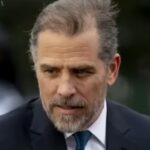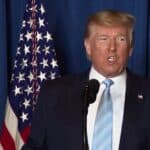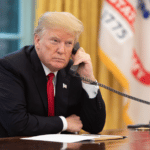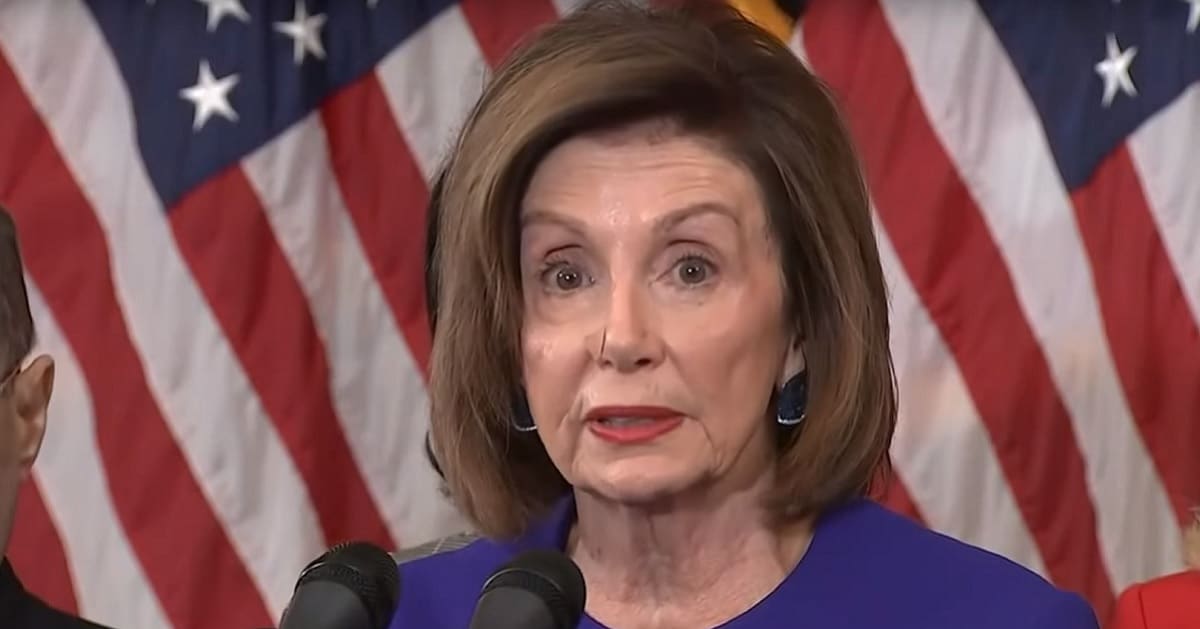

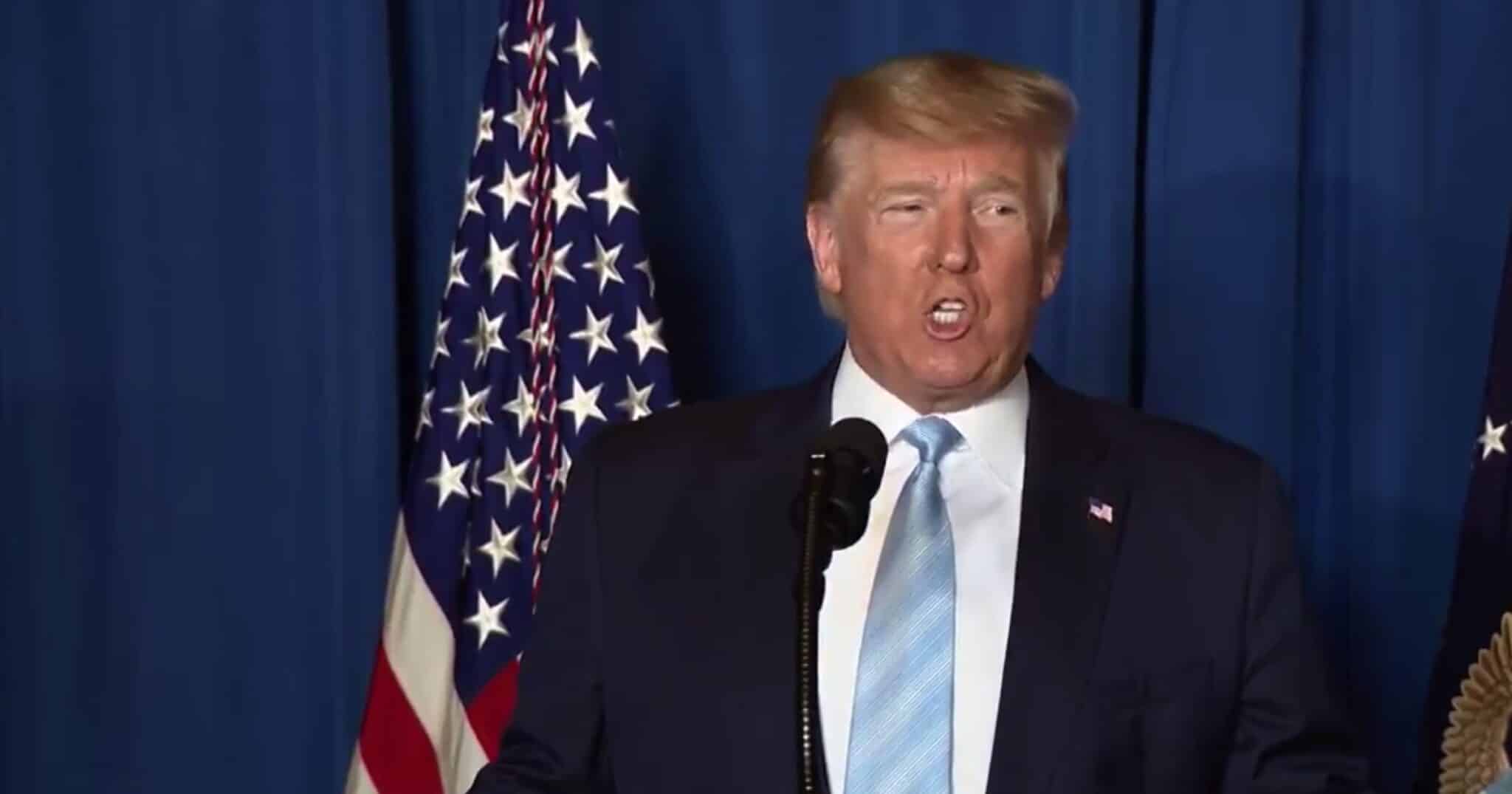
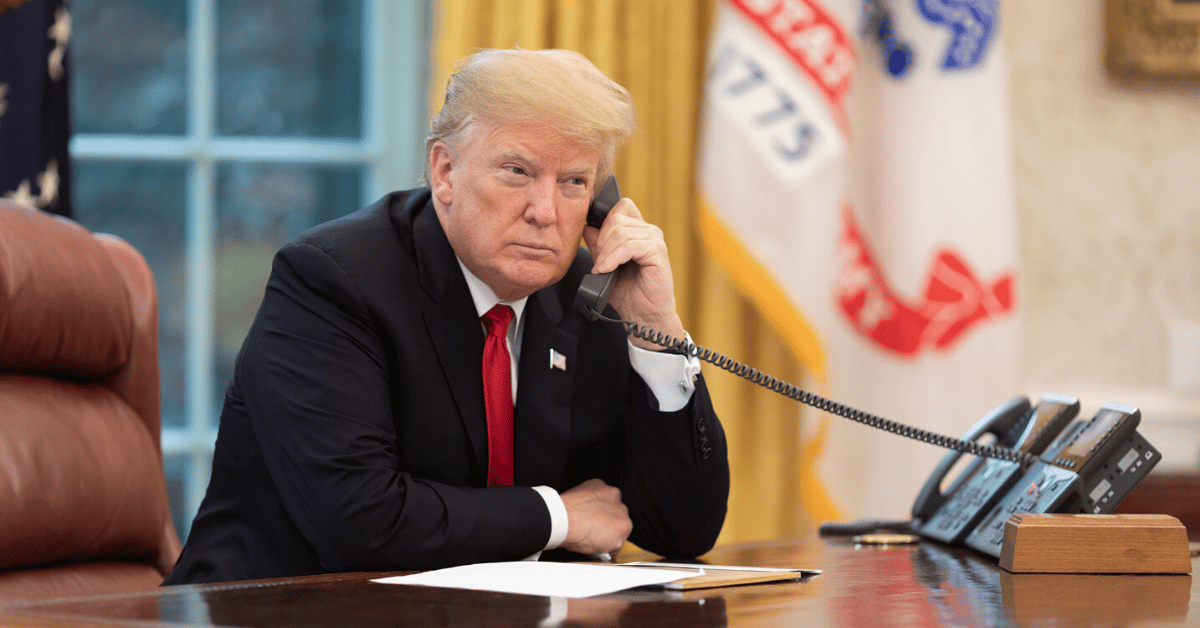

Legal experts are raising concerns over the actions of U.S. Department of Justice special counsel Jack Smith after his recent handling of evidence related to charges against former President Donald Trump.
Newsweek reported that the controversy hinges on Smith’s decision to issue new evidence following a Supreme Court ruling on presidential immunity, fueling debates about potential election interference and the validity of charges.
This development comes in the wake of a U.S. Supreme Court decision earlier this year that declared sitting presidents enjoy immunity for their "official acts."
In response, Smith has reoriented his approach, aiming to link Trump’s actions to his status as a private citizen rather than focusing solely on his time in office.
The release of new documents, including redacted grand jury testimonies, occurred on a Friday, just weeks before a highly contested election.
This timing has drawn attention from legal scholars concerned about possible breaches of Justice Department policy, which traditionally cautions against major legal actions close to an election.
Elie Honig, a legal expert with CNN, has criticized Smith for taking what he describes as a "cheap shot," suggesting the timing of refiling charges might be strategic rather than strictly legal. Similarly, Jonathan Turley of Fox News has described the release as "insufficient," raising questions about the evidence’s strength and timing.
Turley expressed fears that the evidence unveiling could skew public perception and potentially interfere with the democratic process.
He noted that criticism has emerged from diverse political viewpoints, highlighting the sensitivity of Smith's actions in the context of an imminent election.
The disclosure of the new evidence could influence the voter landscape in a closely fought race between Trump and Democratic nominee Kamala Harris. Polls have consistently shown a narrow gap separating the candidates, adding gravity to the concerns voiced by both legal analysts and the general public.
Gene Rossi, a former Department of Justice attorney, offered a different perspective. Rossi defended Judge Tayna Chutkan’s conduct, emphasizing that she is treating Trump as she would any other defendant, highlighting her commitment to impartiality and consistency.
Rossi stressed that public and media scrutiny of Judge Chutkan’s role is unwarranted and praised her application of the law without bias towards Trump. “Justice delayed is justice denied," Rossi remarked, underscoring the necessity of a prompt trial.
Despite differing opinions over Smith's strategy, Rossi remained firm in his belief that the current proceedings do not constitute election interference.
He pointed out the importance of speedy trials as part of public justice, arguing that the focus should remain on the application of the law rather than the identities of those involved.
Political analyst Lee Miringoff has suggested that many voters have already decided their stance regarding the latest twists in the Trump case. He noted that while these developments may have some influence, they are unlikely to shift many voter choices significantly.
Miringoff also expressed skepticism about the extent to which these proceedings might change the overall narrative.
He emphasized the solidifying effect of a closely contested race on voter turnout and engagement within candidate bases.
At its core, the debate reflects broader questions about the U.S. legal system's role in political processes. As legal experts dissect the timing and motivations behind Smith's actions, larger themes of fairness and transparency continue to dominate discourse.
Critics and supporters alike await the next steps in this contentious legal battle, aware that its implications might reach beyond the courtroom and impact the upcoming election. With developments unfolding rapidly, the national spotlight remains firmly on these judicial maneuvers.
The evolving situation underscores the complexity of maintaining judicial objectivity amidst high-stakes political maneuvers. As both legal analysts and the public closely monitor the case, the significance of the Justice Department’s policies becomes ever more pronounced.
